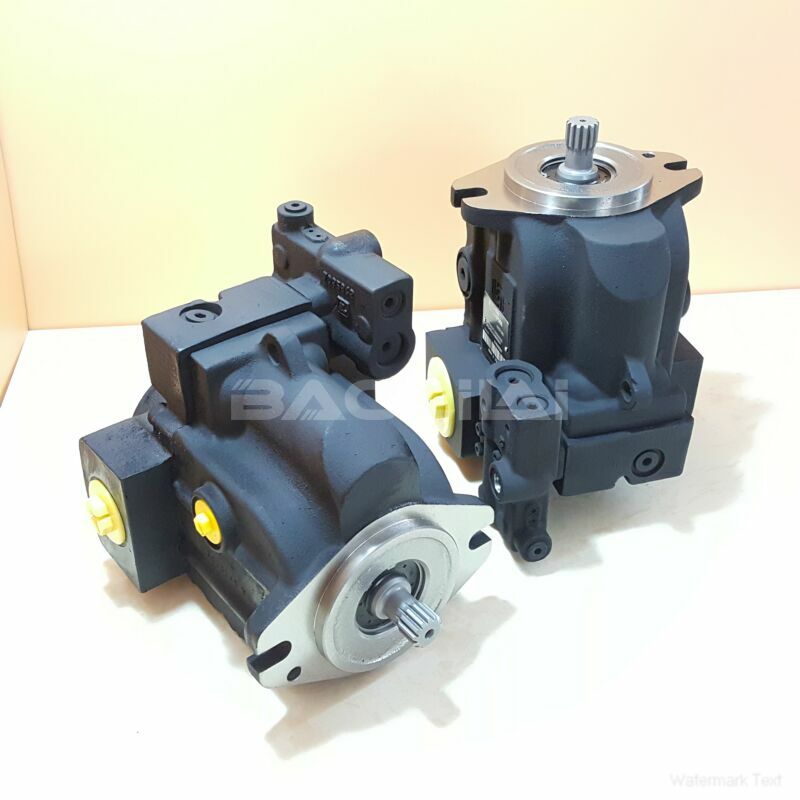LRR025CRP2620NNN3C2NFA6NAAANNNNNN high pressure pump
LRR025CRP2620NNN3C2NFA6NAAANNNNNN high pressure pump

- Product Details
- Applicable Scene
Piston pumps play a crucial role in modern fuel injection systems, particularly in internal combustion engines. Their primary function is to deliver fuel at high pressure, ensuring optimal combustion and engine performance. Understanding the operation, advantages, and applications of piston pumps in these systems can provide valuable insights into their significance in automotive technology.
LR-R-025C-RP-26-20-NN-N-3-C2NF-A6N-AAA-NNN-NNN
LRR025CRP2620NNN3C2NFA6NAAANNNNNN
At the core of a fuel injection system, a piston pump operates by using the reciprocating motion of a piston to create a vacuum that draws fuel from the tank. As the piston moves forward, it compresses the fuel, significantly increasing its pressure. This high-pressure fuel is then directed to the fuel injectors, which precisely atomize the fuel before it enters the combustion chamber. The atomization of fuel is critical for efficient combustion, as it promotes better mixing with air, resulting in improved engine performance, reduced emissions, and enhanced fuel economy.

83017008
One of the main advantages of using piston pumps in fuel injection systems is their ability to generate high pressure without compromise. This capability is vital, especially in diesel engines that require even higher fuel pressures to ensure proper atomization and combustion. Furthermore, piston pumps are known for their durability and reliability, making them suitable for various automotive applications.
In addition to their efficiency, piston pumps allow for precise fuel delivery, which is essential for meeting emissions regulations and achieving optimal performance. Advanced electronic control systems can adjust the pump’s output based on engine demand, optimizing fuel delivery under different load conditions. This dynamic control leads to smoother engine operation and better responsiveness, enhancing the overall driving experience.
Piston pumps find applications beyond conventional gasoline and diesel engines. In turbocharged or supercharged engines, they provide the necessary fuel pressure to keep pace with increased air intake, ensuring the engine runs efficiently across a wider range of operating conditions. Additionally, they are used in alternative fuel systems, such as those powered by biodiesel or ethanol, highlighting their versatility in the evolving automotive landscape.





